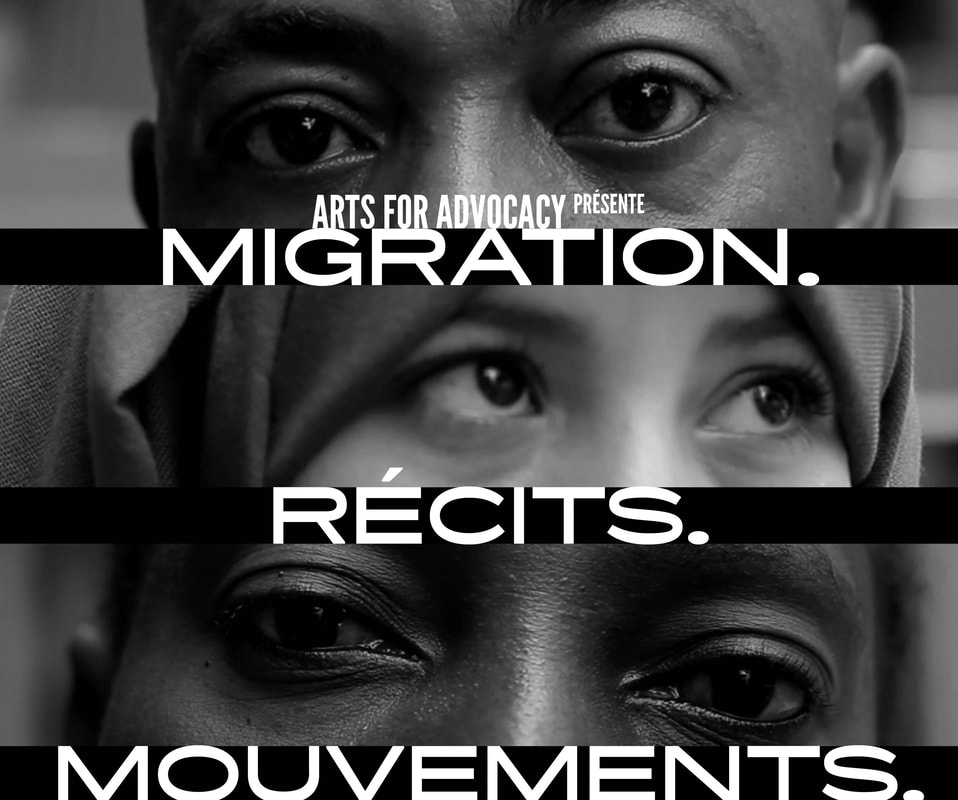|
|
|
Blog post by Aaron Winter, Lancaster University, and Co-Editor, Identities: Global Studies in Culture and Power. Cross-posted from British International Studies Association Voices from BoisMitidja.
This piece is based on my intervention at the British International Studies Association (BISA) Colonial, Postcolonial and Decolonial (CPD) event ‘Refusing Carcerality - A Public Roundtable’ at King’s College London on 14 June 2023. It was a great event and opportunity to hear other interventions, reflect on issues, and bring together some issues and ideas I have had working in Criminology and on counterextremism, counterterrorism and the far right in relation to important discussions about carcerality and abolition. Carcerality always extends beyond what are typically seen as carceral institutions, policies and punishments, particularly in the context of abolitionist theory and activism and our understanding of the carceral state and society. I would like to return it to the prison and penal system for a moment though to discuss how differences and alternatives to the carceral are constructed, used and played off one another in the context of counterextremism, counterterrorism and Criminology in ways that can distract from and ultimately serve an unequal and unjust system. This is particularly important if our opposition to the carceral is also about opposing this system, focusing on systemic inequalities and injustices (related to but expanding beyond ‘crime’) and envisioning more radical and truly emancipatory alternatives.
0 Comments
Blog post by Sebastien Bachelet, University of Manchester, UK and Mariangela Palladino, Keele University, UK
Overcrowded boats capsizing in the Mediterranean Sea feature regularly in the news. Yet, the discrepancy in the coverage and rescue efforts deployed for the boat carrying 750 people seeking safety which sank off the Greek coast, and the fate of the Titan submersible, is a stark reminder that vividly illustrates how some lives are more grievable than others. Talks of a migration ‘crisis’ moreover overlook the responsibilities and effects of European states’ hostile migration policies and violent bordering regimes. Public debates seldom scrutinize the political construction of migrants as illegal and undesirable, nor do they provide sufficient insights into people’s lives beyond abstract labels, especially south of the Mediterranean Sea, where European politicians propose to build asylum-processing centres. In this blog post, drawing on our Identities article, ‘Être vraiment vrai’: truth, in/visibility and migration in Morocco’, we focus on migration, creative processes and advocacy in Morocco, to demonstrate how narratives of migration that challenge expectations and demands for authentic and truthful migrants’ accounts can disrupt dominant and harmful forms of representation.
Blog post by Les Back, University of Glasgow, UK
Howard S Becker’s life provides the archetype for the argument developed in my published Identities article, ‘What sociologists learn from music: identity, music-making, and the sociological imagination’. Its completion coincided with the sad news of his death on 16th August 2023 at his home in San Francisco aged 95. In a way, my Identities article is an homage to one of the greatest sociological minds of our time, and a pretty decent piano player too. The study, based on interviews from 29 contemporary sociologists, found that musical life offers sociologists an interpretive device for understanding society or practical form of insight. This is not only confined to the artful sociology at the more humanities end of the disciplinary spectrum, but can be found even amongst scholars who see sociology as a science. |
|
Explore Identities at tandfonline.com/GIDE |
|
The views and opinions expressed on The Identities Blog are solely those of the original blog post authors, and not of the journal, Taylor & Francis Group or the University of Glasgow.



